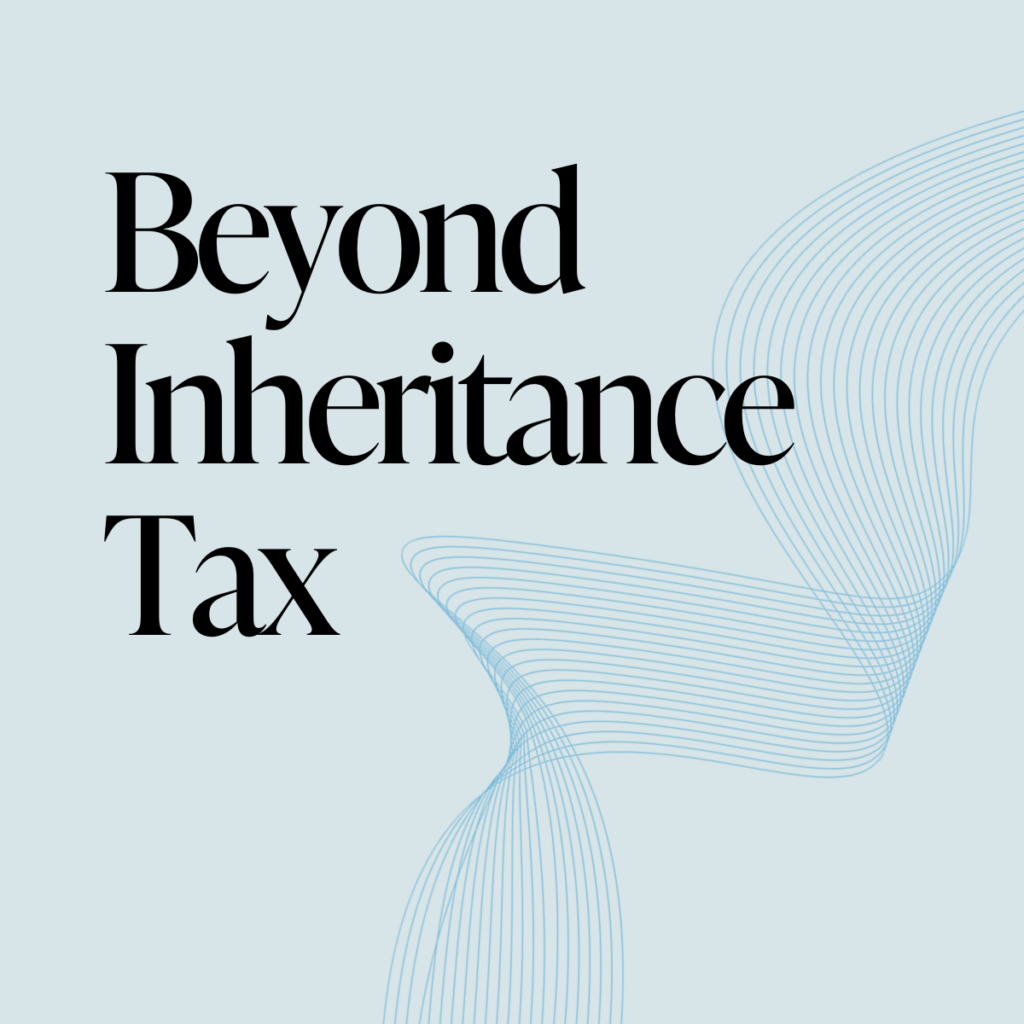How can direct-to-consumer (D2C) businesses boost their chances of securing funding and set themselves up for future success? We’ve invested in a range of D2C businesses over the years, from Genflow and Moteefe to Spoke and THIS. Here’s what our investment team is searching for when speaking to entrepreneurs in the D2C space:
1. Buzz
The first thing our team looks for in a D2C business is strong revenue growth that is not entirely driven by marketing spend. It’s common to see businesses throw money at marketing and achieve an amazing growth rate, but often that growth is not sustainable. You need to generate a buzz around your brand and attract organic traffic even early on in your journey.
2. Sticky customers
A successful direct-to-consumer business attracts sticky customers who come back again and again, generating repeat revenue at good margins. To measure a company’s performance, we estimate the average lifetime value of each customer and divide it by what it costs to acquire that customer. This metric is one of the most important indicators for D2C businesses.
3. Good customer reviews
It might sound obvious, but a good business is one that gets good reviews. We will always look at sites such as TrustPilot to see what customers are saying. We even look at Glassdoor to see what staff are saying about the company. In the past, we’ve chosen not to invest in a business with great profit margins because the customer reviews were bad. Although fake reviews are a problem with some small businesses, it is harder to cheat at scale, especially for businesses with thousands of reviews spread across more than one channel.
4. Storytelling ability
The management team has to be able to tell their story authentically. And that requires demonstrable knowledge of their market and the ability to sell their ideas to a wide range of people (including journalists, suppliers and staff). Our investors can usually tell if a founder has this skill within 10 minutes of talking to them.
Can it be learned? Yes, with practice and good coaching. Sometimes, it can help to have a founding team, where one co-founder handles the publicity and the other can focuses on business operations.
5. Realistic business plan
For us, there needs to be a clear and compelling roadmap to scale the business and break even, but this plan must also be realistic. It has to make sense.
A typical warning sign of an unrealistic business plan is that revenues are set to grow like a hockey stick, while fixed costs stay flat. Often, that means a business has failed to predict how its overheads will rise, as the company grows.
Staff pay is a part of this. When startups first launch, they hire people out of passion, who love what they’re doing. But as those people mature, they are likely to be poached by other businesses, unless pay and benefits match the market rate. Founders may be willing to accept low salaries over a longer period, but you can’t underpay your team or they will leave.
6. Secret sauce
There needs to be a barrier to entry that makes it difficult for others to do what you’re doing. This might be intellectual property that a rival business would have to invent from scratch, or it might be something less tangible, such as good customer service or the ability to create engaging content. Every company has to figure out what is special or unique about it. Often the most valuable thing about a business is its secret sauce…
Are you an ambitious D2C founder looking to scale your business? If you think you could use some extra capital and support, introduce yourself to our team today.





